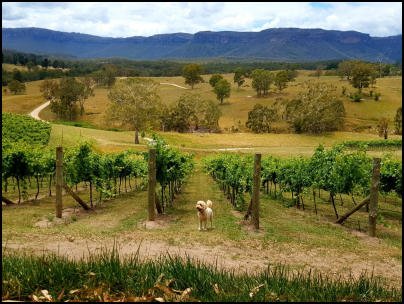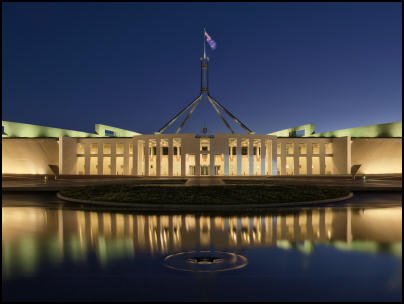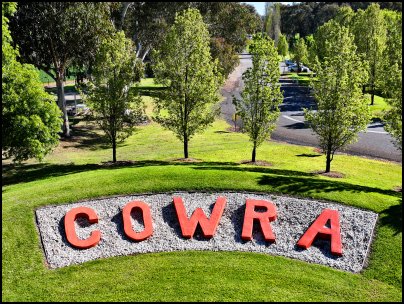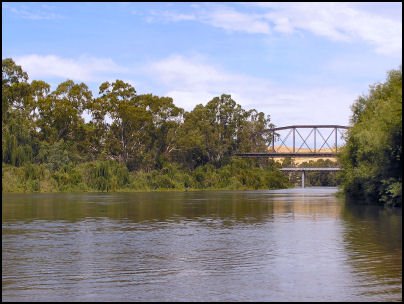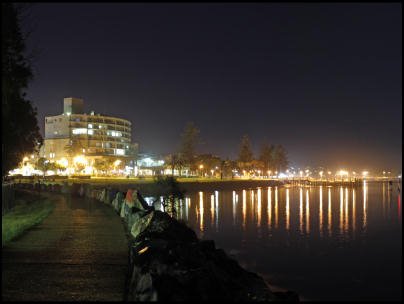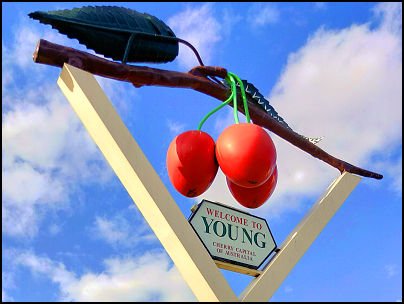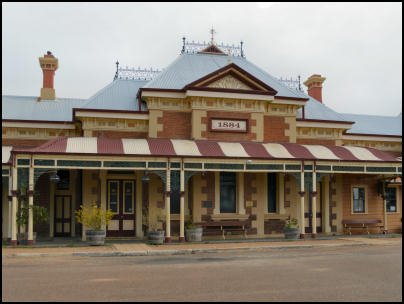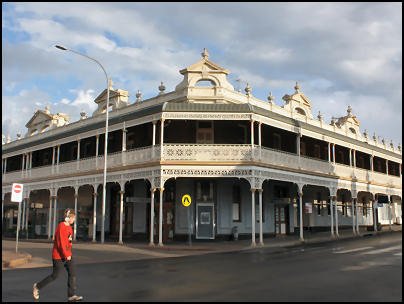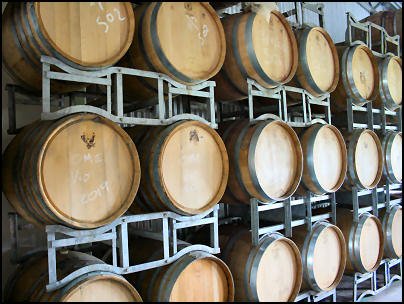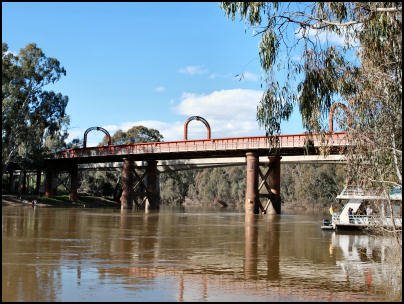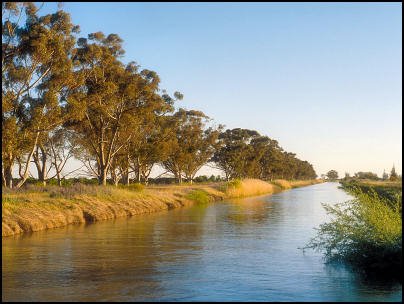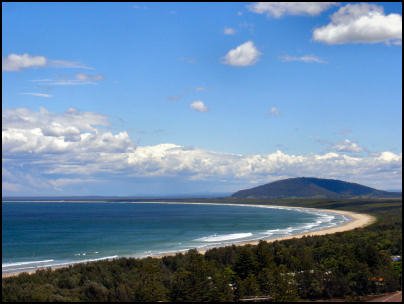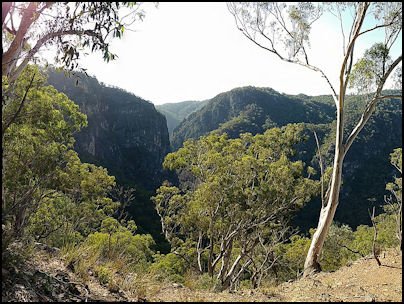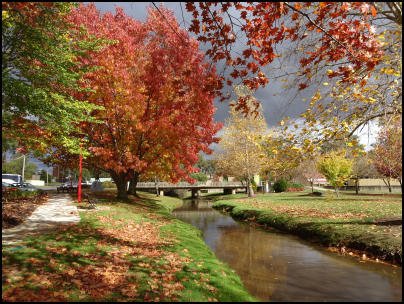New South Wales is internationally renowned for some of the fabulous wines it produces, most notably from the Hunter Valley. New South Wales is one of Australia’s most populous states and accounts for approximately 27% of the national crush according to Wine Australia National Vintage Report 2023. Despite the Hunter Valley being the most well-known of all wine regions in New South Wales, only a small percentage of the nation’s wine is produced in the region, with a whopping 19% of Australia’s production; and 60% of the states wine grapes, coming from the lesser-known region of Riverina. Riverina may only have a handful of cellar doors, but it is home to some of the biggest names in Australia, and it shares the Big Rivers wine zone with Perricoota, on the New South Wales/Victoria border.
New South Wales is made up of 8 wine zones and 14 official GI (Geographic Indication) wine regions, although there are pockets of fabulous vineyards on the outskirt of these regions.
The Hunter Valley is probably the most recognisable wine zone in New South Wales, which contains the Hunter wine region but the neighbouring wine zone of the Central Ranges, home to Mudgee, Orange and Cowra, offers superb cool climate wines with magnificent scenery and charm.
Travelling south from Cowra, you cross over into the Southern New South Wales wine zone and the Canberra District, Gundagai, Hilltops and Tumbarumba, where you will find more stunning cool climate wines paired with the warmest of welcomes.
Moving back east to the coast, you can navigate your way up the South Coast wine zone through the regions of Shoalhaven Coast and the Southern Highlands. Whilst the zone may not be well known for wines, you will find some great cellar doors and picturesque towns to drop into as you navigate the rugged coast.
Moving north again, beyond Sydney and the Hunter Valley you hit the Northern Rivers wine zone with just one region of the Hastings River, where you will find a hand full of wineries around the scenic town of Port Macquarie. Our last region, New England, can be found travelling inland in the Northern Slopes wine zone and contains wineries as far south as Tamworth and up to the Queensland border.
Lastly, the wine zone of the Western Plains is the largest of all the zones in New South Wales without an official wine region and contains the least number of wineries of all regions in New South Wales.
Beyond the official GI (Geographic Indication) regions, New South Wales offers some magnificent pockets of vineyards across the state namely Bathurst/Oberon, Blue Mountains, Sydney and Southern Tablelands, where you will find a variety of unique wines on offer.
Wineries across the state
Click here to find out more about the wineries in this region and to search for specific criteria.
Top Stats
Number of Regions
14 official GI
Number of Wineries
>400
Total grape crush
321,991 tonnes
Area of planted vine
34,031 hectares
Regions
Bathurst is the regional hub of the Central Tablelands and is the spiritual home of motor-racing in Australia. Less than 3 hours west of Sydney it contains a pocket of unique wineries.
Megalong Valley, in the Blue Mountains, is a little over 2 hours drive west of Sydney and offers spectacular scenery and unforgettable walks. The famous six foot track winds through this valley.
The Canberra district is home to around 140 vineyards and more than 30 wineries within 35 minutes of Canberra and is one of only two Australian regions to border two different states.
The Cowra wine region covers 1,250 square kilometers of the beautiful Lachlan Valley including Cowra, Billimari, and Canowindra, and is home to over 40 vineyards.
Gundagai is situated on the southwest slopes of New South Wales, where the landscape and mountain streams run down from the western heights of the Snowy Mountains towards the plains of Riverina.
Although one of the smallest wine regions, Hastings River’s cellar door facilities, music events, regional restaurants, coastal attractions, and great climate are serving to build interest in the local wine industry.
Those that know the Hilltops region may not automatically jump to winemaking as its biggest claim to fame. Young is lauded as the cherry capital of Australia.
The Hunter Valley is one of the most famous wine regions in Australia with something for everyone at over 200 wineries. Just 3 and a half hours from Sydney it’s one of NSW’s most popular tourist destinations
The Mudgee wine region is arguably one of the most recognised regions in New South Wales after the Hunter Valley, consisting of over 35 cellar doors offering a choice of 44 varietals.
The New England wine region lies in the hilltops of northern New South Wales encompassing the city of Armidale and a string of historic towns. It’s a six-hour drive from Sydney to the heart of New England.
Orange is widely recognised for its vibrant food and wine culture and is home to acclaimed small producers, restaurants, and cafes. All just 3 and a half hours drive from Sydney.
Perricoota is one of Australia’s youngest and most compact wine regions, located in the cooler climate of southern New South Wales, along the northern border of the Murray River.
Riverina may not the the best known region but it’s certainly one of the biggest, growing 15% of the total Australian grape production, and is the largest wine-producing region in New South Wales.
The Shoalhaven Coast wine-growing region stretches from Kiama in the North to Milton in the South, and west to Kangaroo Valley, on the South Coast of New South Wales.
The Southern Highlands is an exciting new cool-climate wine region, just an hour and a half south of Sydney, encompassing Mittagong and Bowral, and is gaining much attention for its Pinot Noir.
The Southern Tablelands are located southwest of Sydney and west of the Great Dividing Range with wineries centered around the regional town of Goulburn.
Tumbarumba is a relatively young wine region in Southern New South Wales, bordering Victoria. It surrounds the town of Tumbarumba and is on the western foothills of the Snowy Mountains.
Source: www.wineaustralia.com, www.vinehealth.com.au, Photo Credits: Bathurst, Mudgee, Southern Highlands




